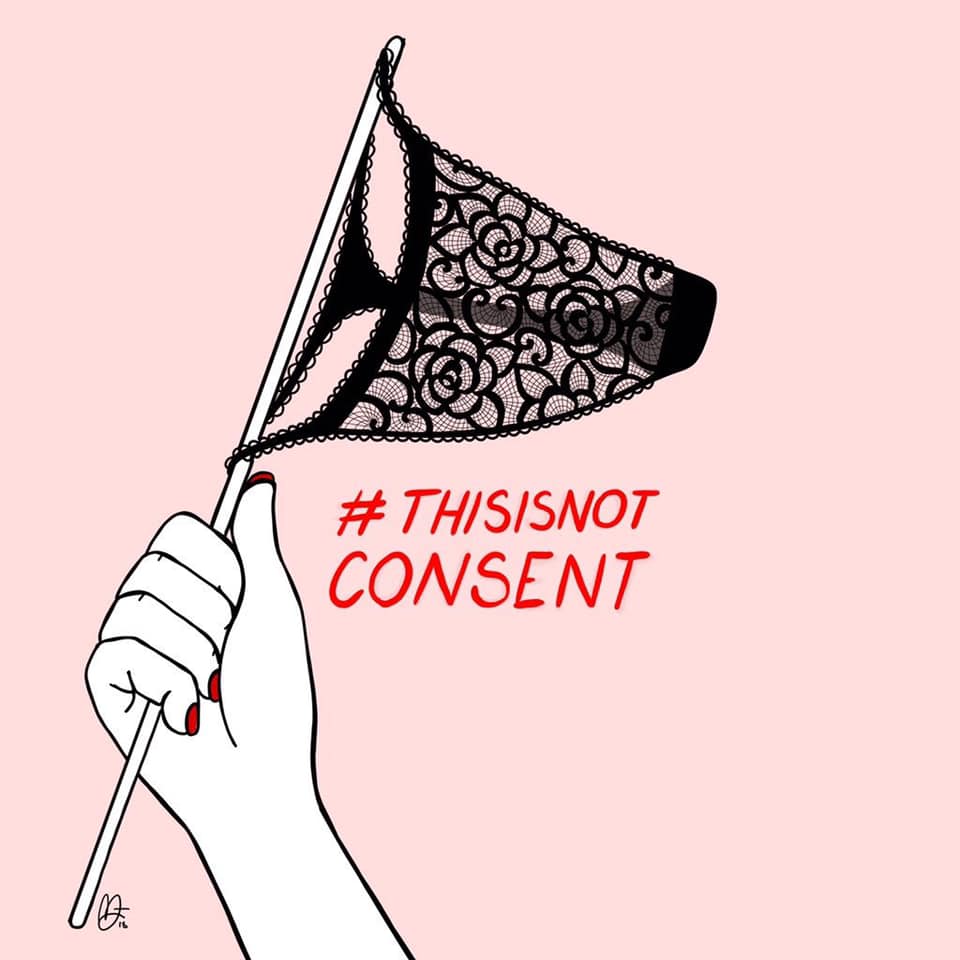|
Many factors can lead you to question if you were sexually assaulted or not. When determining if you’ve been sexually assaulted, most people believe they would know if it happened to them. Sadly, that is not always the case. This is especially true when sexual assault is perpetrated by somebody close to you; it can be difficult to understand what happened. There are many factors that lead people to believe what happened to them was normal or not assault.
Many factors can lead you to question if you were sexually assaulted or not. It is important to examine the situation. If you are questioning the situation because something didn’t feel right, look at the reasons above and see if any resonate with your experience. It is important to trust your gut and talk about your experience with someone you trust, so you can gain clarity on what happened. In Ontario, May is recognized as Sexual Assault Awareness Month to bring attention to the devastating impact sexual assault has on survivors. It is also a time to discuss how to prevent this violence from happening and how we can better support survivors. There is still a long way to go to end the stigma of being a sexual assault survivor and to help survivors have easy access to much needed services such as counselling, proper medical attention, and legal support. You can help raise awareness by wearing purple and having these conversations about how to support survivors and stop the violence. |
|
OverviewNWO’s source for all things relationships, mental health, wellness, lifestyle, and pandemic support. Kelly Magazine is a mental health outreach initiative created by Kelly Mental Health and supported by Kelly Mental Health Foundation, a non-profit organization dedicated to improving the community in the area of mental health.
|
Magazine |
Follow Us |
In support of @kellymentalhealthfndn |
© COPYRIGHT. ALL RIGHTS RESERVED. WEB DESIGN BY KMH




